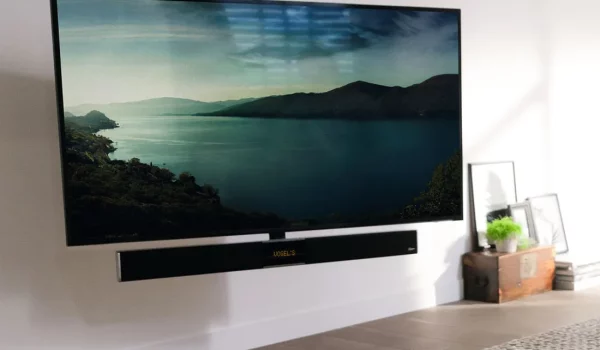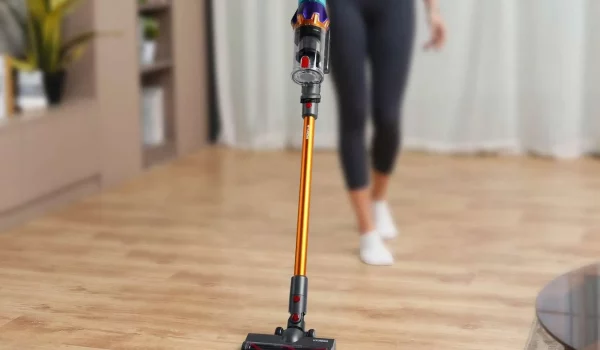Breakthrough in Recyclable Electronics: Water Soluble Printed Circuit Boards
The technological evolution has one dark side: environmental sustainability. Gigatons of obsolete electronic materials are thrown away incorrectly every year. This leads to lost opportunities to recover rare precious metals and causes ecological damage. Biodegradable electronics can help solve this problem. To reduce the increasing amount of electronic waste, semiconductor and PCB expert Infineon has partnered with Jiva Materials to investigate a biodegradable, water-soluble PCB design from the company. Soluboard – the circuit board that can be solved – is here.
PCB stands for “printed circuit board”. You can think of PCBs as the brains behind all our electronic devices, which ensure that they function properly. Instead of traditional glass fibers and chemicals, Soluboard uses natural biodegradable fibers. These fibers are coated with a non-toxic polymer that dissolves in hot water. The environment can then compost the fibers that make up the PCB. This degradable PCB also prevents secondary damage during electronics disposal and recycling. It opens the way to a more sustainable electronics industry.
Other relevant publications
Re-use of soundbars
How feasible is it to give soundbars a second life? Commissioned by Stichting OPEN, Second Use investigated the re-use potential of four soundbar models, revealing insights into repairability, consumer interest, and key barriers.
Re-use of cordless vacuum cleaners
The re-use of cordless vacuum cleaners presents interesting opportunities, but battery replacement costs pose a significant challenge. This study, conducted by Second Use on behalf of Stichting OPEN, examines the feasibility of refurbishment and identifies key improvements to extend the lifespan of these appliances.
 Lees er hier meer over!
Lees er hier meer over!






